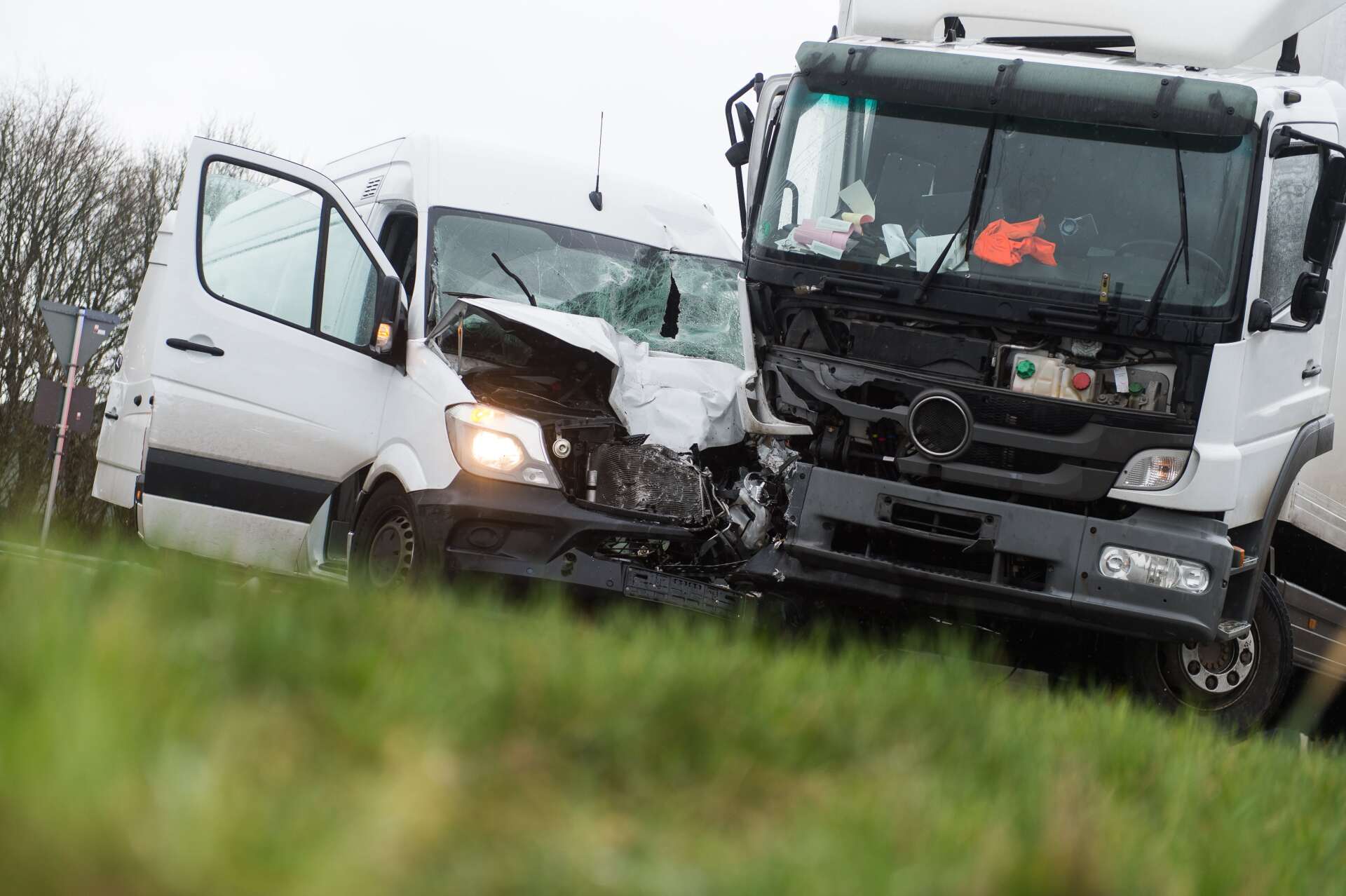Blog

When the driver of a fleet vehicle gets into an accident while they’re on the clock, their employer’s commercial liability insurance should pick up the tab for their defense costs – right? As a rule of thumb, companies are generally financially responsible for the actions of their workers.
There are potential scenarios where the driver could be personally liable for the injuries they cause while on the clock, especially if they were driving drunk or were otherwise outside of their scope of employment at the time of the accident.
The company that employed the driver might also not be the only company that’s liable for injuries caused by a commercial vehicle accident.
If the company has a fleet maintenance contract, and it turns out the accident was caused by a mistake the contractor made when maintaining or repairing the vehicle involved in the crash, that fleet maintenance company might be liable.
The distributor or the company responsible for loading the truck’s cargo might also be liable, or even the company that manufactured the truck or the parts that failed and led to the accident.
One of the first things a truck accident injury lawyer needs to do when tackling a commercial vehicle accident is investigate the cause and the many parties that might share liability. It’s not uncommon for several defendants to be named in commercial truck litigation.
Determining Whether the Driver Was Acting Within the Scope of Employment
It’s important to define the scope of employment in these types of personal injury case and in workers’ compensation cases. In both types of cases the employer might only be on the hook for damages if the employee was performing their work duties on the clock when the accident occurred.
If the driver was on the clock and making a delivery when they got into an accident, it would likely be considered within their scope of employment. If the driver had to stop at home to pick something up and got into an accident in their own neighborhood, that might not be considered within their scope of employment.
Sometimes Responsibility Is Less Than Obvious
If a driver who has been on the road for 16 hours straight gets into accident, the initial assumption might be that the driver was being reckless. The Federal Motor Carrier Safety Administration (FMCSA) clearly states that drivers can’t be on the road for more than 11 hours after 10 consecutive hours off the road.
However, the drivers actions aren’t always a clear indication of all the factors at play.
What if the driver had their compensation tied to the speed with which their deliveries reached their destination? What if their continued employment was in jeopardy if they were late, and an accident or inclement weather caused a delay earlier in the day?
There are all types of scenarios where the driver may have felt pressured to do something unsafe. A company might have a clear “safety” policy to protect themselves from liability, but it might turn out drivers were pressured to break the rules to meet quotas.
Commercial trucking accidents are frequently not clear cut, which is why it’s important for both plaintiff and defense attorneys to do their due diligence when investigating these accidents.
Best Case Scenario for Truck Drivers, Trucking Companies and Injured Passengers
There’s rarely good news when it comes to auto accident injuries. If given the choice most people injured in truck accidents would prefer to have never been involved in the crash.
However, if you are ever involved in a truck accident it’s likely good news for your case if the trucking company is found to be liable. Trucking businesses and other commercial defendants usually have large liability insurance policies – much larger than a single driver might have.
People injured in truck accidents frequently have significant medical bills, and it’s not at all uncommon for those medical costs to exceed policy limits on personal auto insurance policies. Commercial trucking companies often have liability insurance policy limits that can not only cover medical bills but also pain and suffering, lost wages and other damages.
Have You Been Injured in a Truck Accident in Atlanta?
Edwards & Hawkins is committed to fighting for the rights of our clients, whether they’re businesses or plaintiffs injured in truck accidents. Call us at (404) 526-8866 for a free consultation and learn about your legal options.











